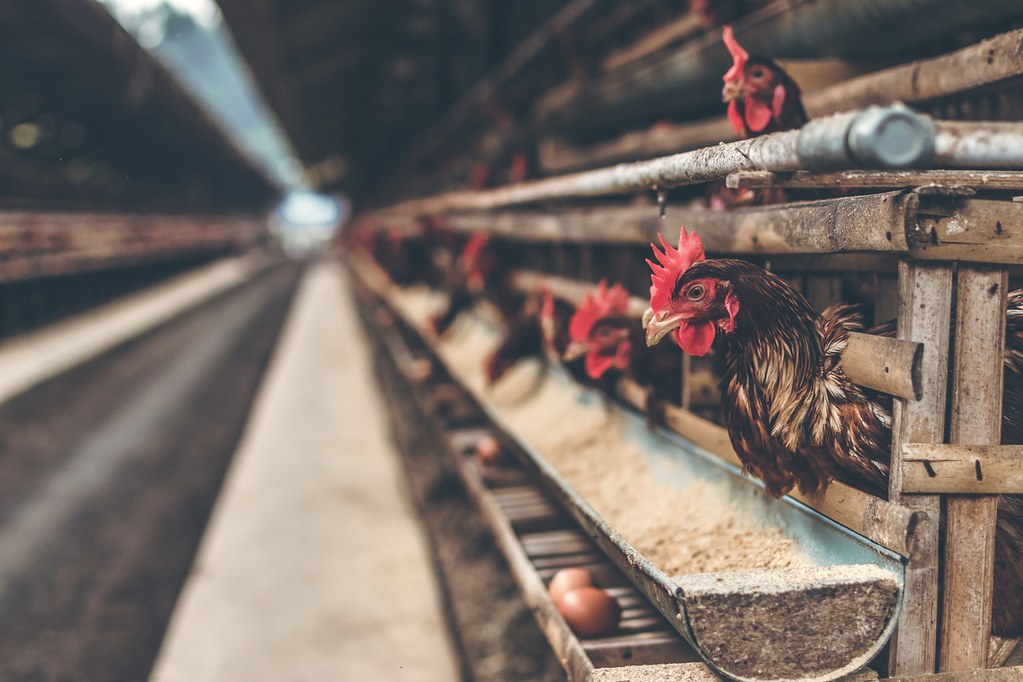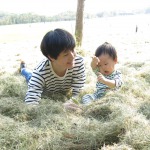歐洲公民倡議(European Citizens’ Initiative, ECI)的「終結籠飼時代」(End the Cage Age)運動獲得歐盟超過140萬人和170個組織的支持,作為回應,歐盟執委會已同意在歐洲逐步淘汰農場動物籠飼。

歐盟逐步提高動物福利 擬2022年底前完成終止籠飼評估
歐盟目前的禁用籠飼規範僅涵蓋蛋雞、肉雞、母豬和小牛。在給ECI的答覆中,執委會承諾逐步淘汰並最終禁止其他農場動物籠飼,包括家兔、低於一齡的母雞、產蛋用種雞、產肉用種雞、鵪鶉、鴨和鵝。針對這些動物和鳥類,歐盟執委會已經要求歐洲食品安全局加入現有的科學證據,以確定禁止籠飼所需的條件。該提案也將納入現有規定已涵蓋的動物。
由於終止籠飼將需要改變目前的飼養系統,執委會將研究相關措施的社會經濟和環境影響,以及對動物福利的益處,要在2022年底之前完成影響評估。將於2022年初開始舉辦公聽會。執委會也將評估新法案從2027年起生效的可行性。
波蘭執委會農業專員沃柴高斯基(Janusz Wojciechowski)說:「沒有高標準的動物福利標準,就不可能有永續糧食系統。幸好我們的公民和執委會在這方面積極變革,逐步淘汰動物養殖場使用籠飼系統。」
「在新的共同農業政策的支持下,綠色政綱和其中的『農場到餐桌』戰略對於轉型永續糧食系統至關重要,」沃柴高斯基說,「這項公民倡議證實,此種轉變符合社會對更道德、更永續農業的需求。」
農場到餐桌戰略(Farm to Fork Strategy)是歐洲綠色政綱的核心內容,目的在使糧食系統更公平、健康和環保。歐盟正在根據農場到餐桌戰略修訂動物福利相關法律,現在新提案也將被納入修法。
歐盟執委會:道德農業「高度優先」
執委會表示,ECI的運動「要求農業系統更道德、更永續農業,包括修訂現有的歐盟動物福利規範⋯⋯回應這個社會期待是執委會的高度優先事項,符合其在農場到餐桌戰略和歐洲綠色政綱中的承諾。」
執委會已經承諾提案修訂動物福利法令,包括運輸和飼養相關的條文,並於2022年第二季完成。
為了鼓勵轉型經濟上可行的非籠飼畜產業,執委會將在關鍵相關政策領域尋求支持,例如貿易和研發。具體來說,新的共同農業政策將提供財政支持和激勵措施,幫助農民升級符合新標準的對動物友善設施。
歐洲議會和理事會於6月25日就新的共同農業政策(CAP)達成的臨時政治協議,要使CAP更公平、環保、動物友善和有彈性。執委會也將確保有額外的財政資源來支持農民轉型非籠飼系統。
The European Commission has agreed to phase out cages for farmed animals across Europe in response to the “End the Cage Age,” campaign of a European Citizens’ Initiative, ECI, supported by over 1.4 million people and 170 organizations across the European Union.
In its reply to the ECI, the Commission has set out plans for a legislative proposal by 2023 to phase out and finally prohibit cages for many farm animals not protected by the current rules that cover only laying hens, broilers, sows and calves.
The Commission’s legislative proposal will cover animals the ECI has campaigned to uncage: rabbits, pullets, layer breeders, broiler breeders, quail, ducks and geese. For these animals and birds, the Commission has already asked European Food Safety Authority to add to the existing scientific evidence to determine the conditions needed for the prohibition of cages.
The proposal will also consider animals already covered by existing rules.
Since an end to cages will require changes to current farming systems, the Commission will consider the socio-economic and environmental implications of the measures to be taken and the benefits to animal welfare in an impact assessment to be completed before the end of 2022. A public consultation will be carried out by early 2022.
The Commission will assess the feasibility of working towards the proposed legislation entering into force from 2027.
Janusz Wojciechowski of Poland, Commissioner for Agriculture, said, “A sustainable food system cannot exist without high animal welfare standards. Thanks to our citizens, the Commission will be even more ambitious in this regard and phase out the use of cage systems for animal farms.”
“The Green Deal and its Farm to Fork Strategy, supported by the new Common Agricultural Policy, will be crucial in the transition to sustainable food systems,” Wojciechowski said. “This citizens’ initiative only confirms that this transition also responds to a societal demand for more ethical and sustainable farming.”
The proposal will come as part of the ongoing revision of the EU’s animal welfare legislation under the Farm to Fork Strategy. This Strategy is at the heart of the European Green Deal. It aims to make food systems fair, healthy and environmentally-friendly.
Ethical Farming ‘High Priority’ for European Commission
The Commission called the ECI’s campaign, “a demand for a transition to more ethical and sustainable farming systems, including a revision of existing EU animal welfare rules.”
“Responding to this societal demand is a high priority for the Commission, in line with its commitments in the Farm to Fork Strategy and the European Green Deal,” said the Commission, which is the executive branch of the EU government.
The Commission has already committed to proposing a revision of the animal welfare legislation, including on transport and rearing, to be finalized by the summer of 2022.
To facilitate a balanced and economically viable transition to cage-free farming, the Commission will seek supporting measures in key related policy areas, such as trade and research and innovation.
In particular, the new Common Agricultural Policy will provide financial support and incentives to help farmers upgrade to more animal-friendly facilities in line with the new standards.
The provisional political agreement reached June 25 by the European Parliament and Council on the new Common Agricultural Policy, CAP, introduces a fairer, greener, more animal friendly and flexible CAP.
The Commission will also ensure that additional financial resources are made available to support farmers in the transition to cage-free systems.
※ 全文及圖片詳見:ENS









